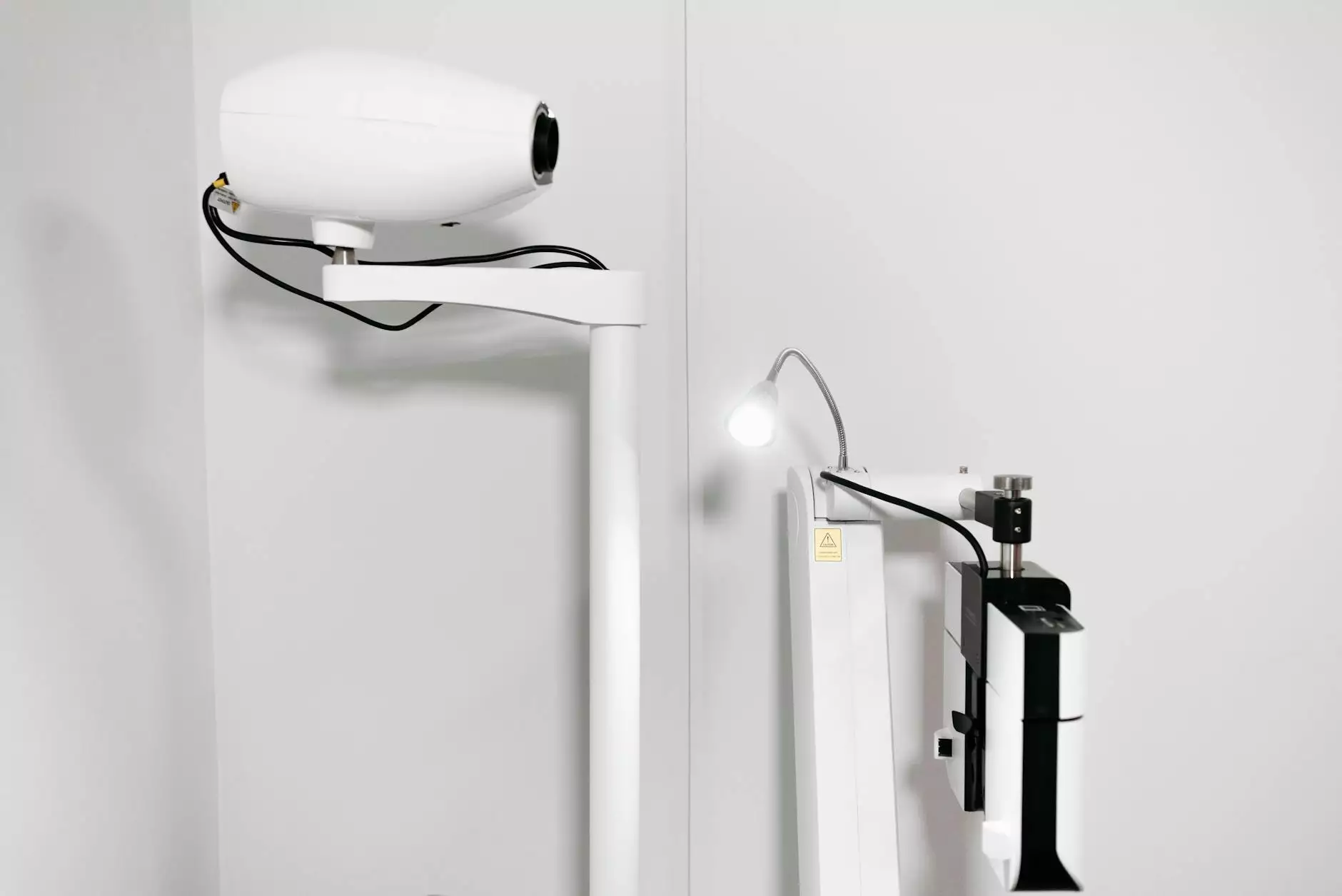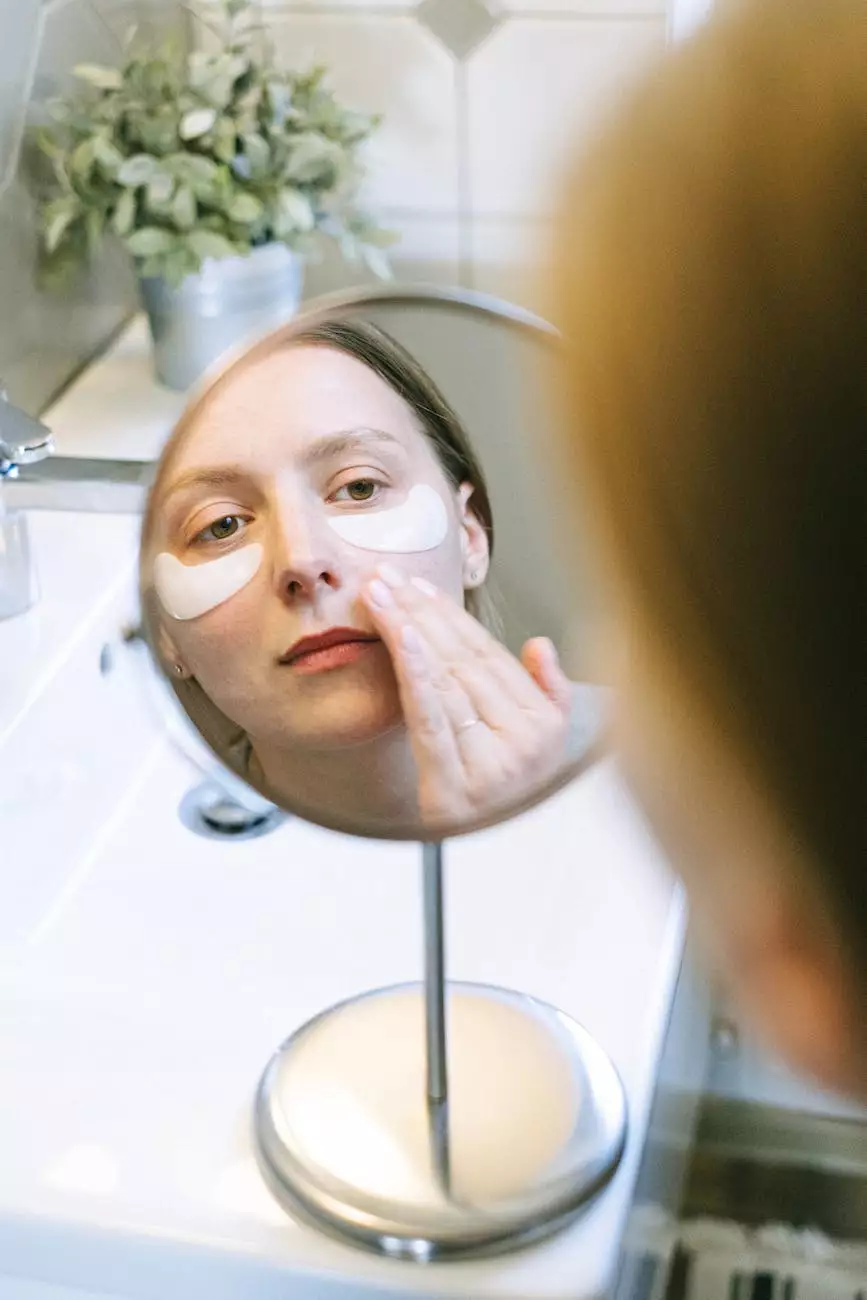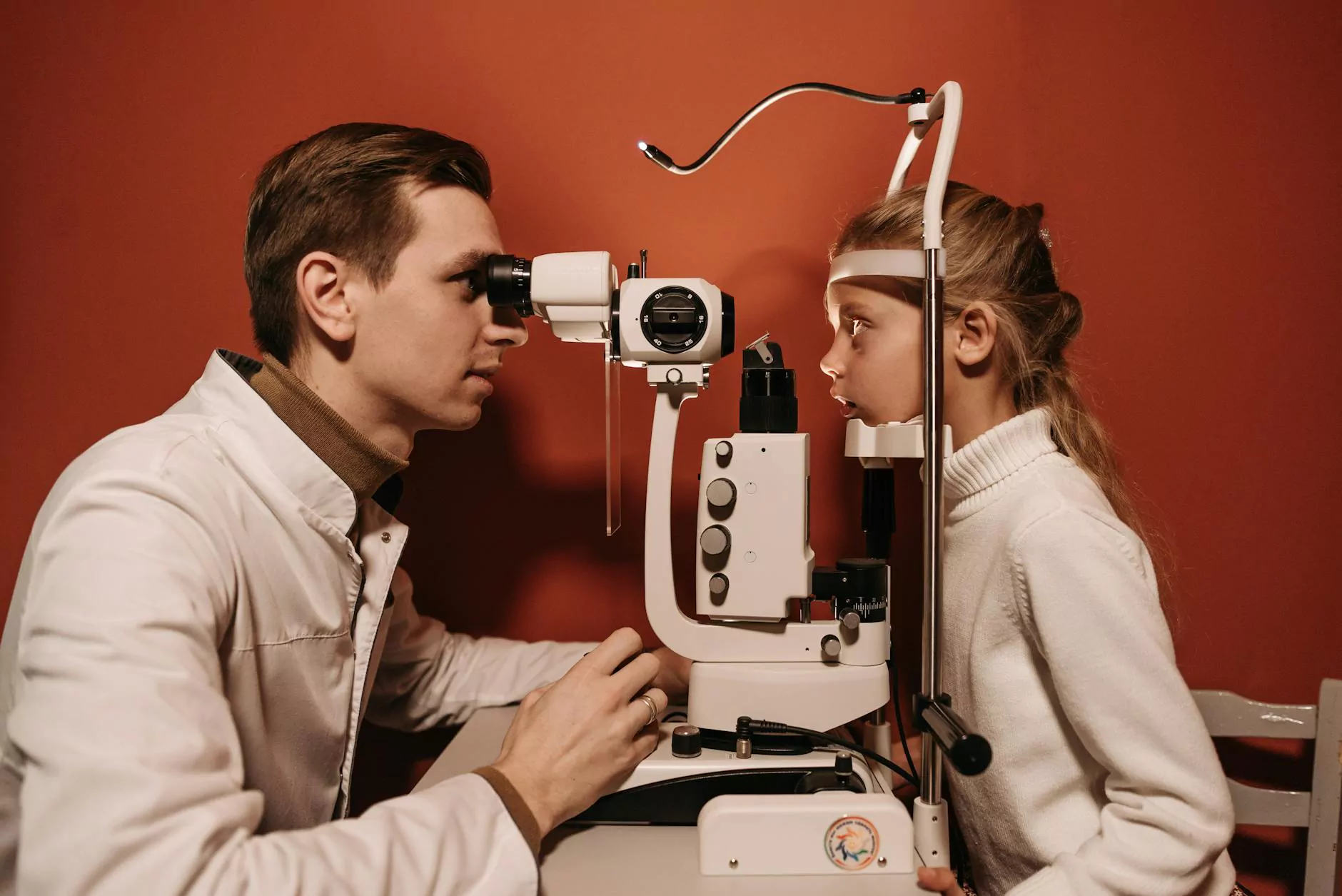What Causes Eye Allergies?
Health
Eye allergies, also known as allergic conjunctivitis, occur when your eyes react to certain substances that your immune system identifies as harmful. These substances, known as allergens, can trigger an allergic reaction in your eyes, leading to uncomfortable symptoms.
Common Eye Allergens
There are various allergens that can cause eye allergies. Some of the most common ones include:
- Pollen: Pollen from trees, grass, and weeds can trigger allergic reactions in susceptible individuals.
- Dust mites: Tiny creatures that live in dust and can be found in homes and offices.
- Pet dander: Flakes of skin shed by animals like cats and dogs.
- Mold: Indoor and outdoor molds can cause eye allergies, especially in damp environments.
- Smoke: Cigarette smoke, wood smoke, and other irritants can aggravate eye allergies.
- Perfumes and cosmetics: Certain fragrances and eye makeup products can cause allergic reactions.
Symptoms of Eye Allergies
Eye allergies can manifest in various ways. Some common symptoms that individuals with eye allergies may experience include:
- Itchy eyes: One of the most common symptoms of eye allergies is itching. If you constantly feel the urge to rub your eyes, it could be a sign of allergies.
- Redness and inflammation: Allergic reactions can cause the blood vessels in your eyes to dilate, leading to red and swollen eyes.
- Watery eyes: Excessive tear production is a typical response to eye allergies, which can result in watery eyes.
- Burning or stinging sensation: Some people may experience a burning or stinging sensation in their eyes when exposed to allergens.
- Sensitivity to light: Eye allergies can make your eyes more sensitive to light, causing discomfort when in bright environments.
- Blurred vision: In severe cases, eye allergies can temporarily affect your vision, making objects appear blurry.
Preventing and Treating Eye Allergies
While it may be impossible to completely avoid allergens, there are steps you can take to reduce your exposure and manage eye allergies. Some preventive measures and treatments include:
Avoiding Allergens
1. Keep windows closed: Closing your windows during peak pollen seasons can help minimize your exposure to outdoor allergens.
2. Use air purifiers: Air purifiers with HEPA filters can help trap airborne allergens, reducing their presence indoors.
3. Regularly clean your home: Dust and vacuum your home frequently to minimize the presence of dust mites and other indoor allergens.
4. Wash bedding regularly: Sheets, pillowcases, and blankets can harbor allergens, so washing them in hot water can help eliminate the allergens.
Treatment Options
1. Over-the-counter eye drops: Artificial tears and anti-inflammatory eye drops can provide relief from mild eye allergy symptoms.
2. Prescription medications: If over-the-counter options are not effective, your doctor may prescribe stronger antihistamine or mast cell stabilizer eye drops.
3. Allergy shots (immunotherapy): In severe cases, your doctor may recommend allergy shots, which can desensitize your immune system over time and reduce your allergic response.
Improving Overall Eye Health
Even if you suffer from eye allergies, there are steps you can take to improve your overall eye health. Some tips include:
Eating a Healthy Diet
1. Omega-3 fatty acids: Incorporate foods rich in omega-3 fatty acids, such as salmon, tuna, and flaxseed, into your diet to support eye health.
2. Antioxidants: Consume fruits and vegetables high in antioxidants, such as spinach, kale, carrots, and oranges, to protect your eyes from oxidative stress.
3. Hydration: Stay hydrated by drinking enough water throughout the day to keep your eyes properly lubricated.
Protecting Your Eyes
1. Wear sunglasses: Choose sunglasses that block out 100% of UV rays to shield your eyes from harmful sun exposure.
2. Use safety goggles: When engaging in activities that can potentially cause eye injuries, such as gardening or home improvement projects, wear protective eyewear.
3. Take breaks from digital devices: Give your eyes regular breaks from staring at screens by following the 20-20-20 rule (every 20 minutes, look at something 20 feet away for 20 seconds).
In conclusion, understanding the causes and symptoms of eye allergies can help you manage and prevent them effectively. By following the preventive measures and treatment options outlined above, you can reduce the impact of eye allergies on your daily life and improve your overall eye health.










